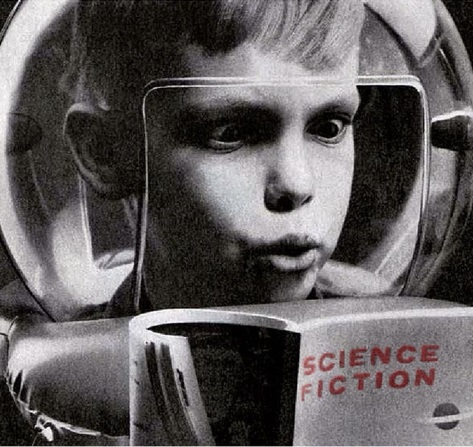Teaching science fiction from a political perspective
DOI:
https://doi.org/10.51777/relief17555Keywords:
science fiction, politics, ideology, classroom, civil rights, democracy, narratology, protopy, literature didacticsAbstract
Literature is not a programme, but an exploration of possibilities. Science fiction (SF), as an exploratory genre, places specific emphasis on these possibilities. One of the ways in which it produces them is by potentialising political thought. Through acts of fiction, it renews our understanding of politics and, to a certain extent, participates in it. By differentiating between “la” politique (instituted, business-as-usual-politics) and “le” politique (which reflects and transforms common trajectories, according to the democratic principle of equality), we will focus on the latter to show its role in teaching, particularly SF. The genre finds its specificity in the fact that the Aristotelian democratic components - the knotting together of the link to the community and the good of the community - are rebalanced in favor of this good, as a projection outside our space-time. Teaching this genre means questioning this knot, but also experimenting with it in the classroom. Using principles inherited from the didactics of literary subjectivity, we will seek to envisage the multiple facets of political expression in the teaching of SF, how to avoid the gridlocks of ideology, and how to reinvest the symbolic space of the classroom: a fertile democratic vacuum, a clandestine margin, a place for experimentation, a 'protopic' opening. Finally, we'll look at the narratological tool as a particularly appropriate way of dealing with the issue.

Downloads
Published
Issue
Section
License
Copyright (c) 2023 Colin Pahlisch, Gaspard Turin

This work is licensed under a Creative Commons Attribution 4.0 International License.
Tous les articles dans RELIEF sont publiés en libre accès sous la licence Creative Commons Attribution 4.0 International License (CC-BY 4.0). Sous ce régime les auteurs conservent les droits d'auteur mais ils consentent à toute sorte d'utilisation de leur texte pourvu qu'il soit correctement cité.


